Image
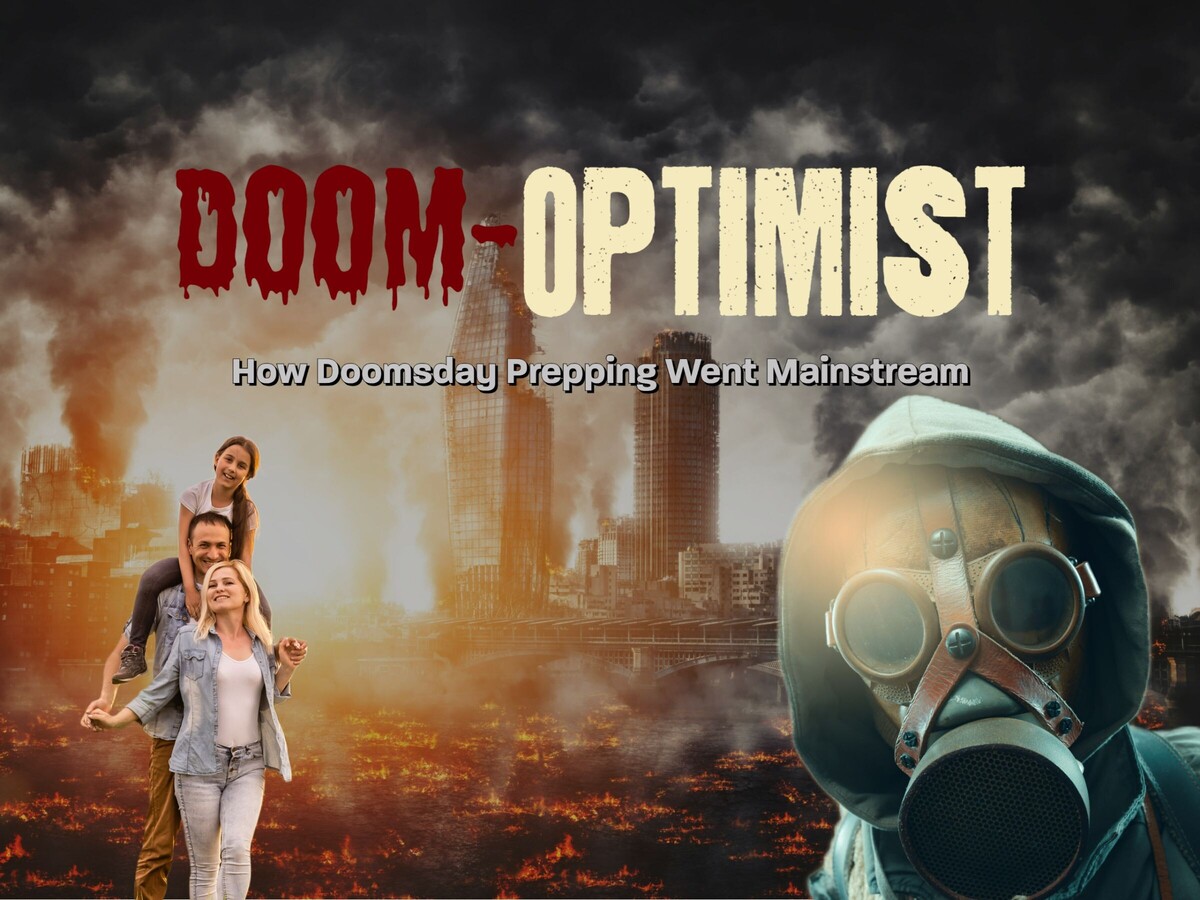

Doomsday prepping, the survivalist movement once synonymous with the gun-wielding, delusional extremist, is no longer a fringe obsession.
When COVID-19 hit the U.S. toilet paper flew off shelves, grocers placed limits on how much soap and water customers could buy, prices for hand sanitizer soared, and the world retreated into silence.
According to John Ramey, founder of a popular “emergency preparedness” website called The Prepared, “prepping has gone mainstream. People of all types — young and old, urban and rural, lone wolfs and families, liberals and conservatives — are realizing that being self-sufficient and ready for emergencies is the only responsible way to live in our ever-changing world.”
John has a great point: Doomsday prepping, or as John would say “emergency preparedness,” is no longer only tested in the realm of science fiction. The pandemic showed, and continues to show, just how unprepared our institutions are to protect us – and it isn’t always the institution’s fault.
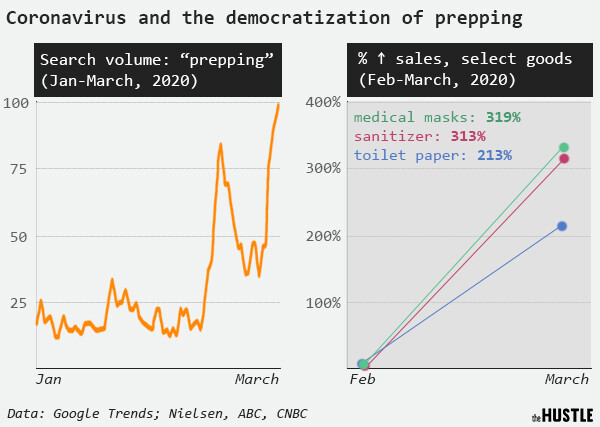 Zachary Crockett / The Hustle
Zachary Crockett / The HustleFlip through John’s Blog on The Prepared and a major theme reveals itself: how to stay alive and comfortable until and/or if help arrives. Modern-day prepping, pulling from the experience of a once-in-a-century pandemic, is built on a recognition that our institutions will inevitably be overwhelmed by disaster.
FEMA, the sole federal agency responsible for emergency response and recovery, is reliant on one financial account – the Disaster Relief Fund (DRF).
DRF is funded based on historical needs as well as the full funding needed for catastrophic recovery. When unplanned disaster strikes, such as the COVID-19 pandemic, Congress has historically passed supplemental appropriations – like the COVID-19 supplementals.
However, the ongoing COVID needs across the country coupled with growing environmental disasters (floods, fires, severe weather) are depleting FEMA's source of funding. FEMA grows less equipped to manage large-scale disasters every day, and the modern-day prepper knows this.
And while prepping has its roots in American individualism and self-reliance, its meteoric rise is also big for big business. Allied Market Research projects that the global market for doomsday prepping, valued at just under $75.5 million in 2017, will reach over $423 million by 2025.
Prepping companies, like The Prepared which offers prepping courses and kits for sale, are springing up everywhere.
Multi-million-dollar bunkers, made by companies like Atlas Survival Shelters and Rising S Company, more resemble luxury homes or apartments (with some holding over 100 people) than doomsday bunkers.
Even the middle class has joined the trend, although modestly, further separating the Doomsday bunker from its commonly associated serial killer creepiness.
The pandemic is the least of our worries. Or at least so says Mike Peters, owner of the Utah-based Ultimate Bunker, who has received a dramatic increase in requests since the onset of the pandemic.
Mike Peters spoke to The Hustle in March of 2020 saying, “People aren’t worried about the pandemic; they’re worried about what’s to come. They’re worried about martial law, and cities closing down, and their neighbors’ stealing food from them.”
Now, if Mike is right, our community ought to have some advice on how to stay safe during an emergency. And as it turns out, Morris County has exactly that.
So here is a snapshot of Morris County’s Public Health Emergency Preparedness Guide from the Urban Area Security Initiative.
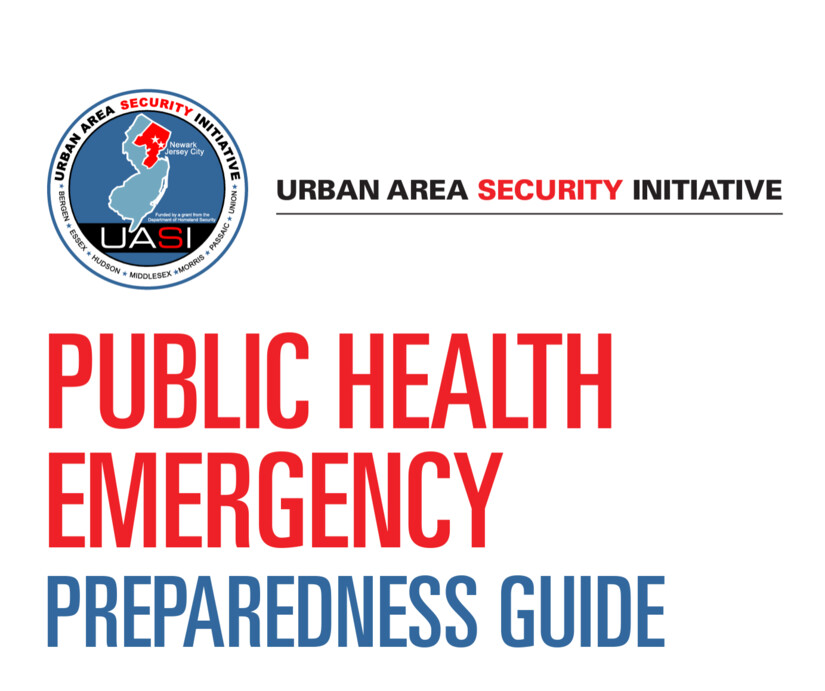
Family Preparedness
Is your family prepared for a public health emergency or disaster? The fact is, far too many of us are unprepared when a public health emergency or disaster strikes.
Family preparedness involves:
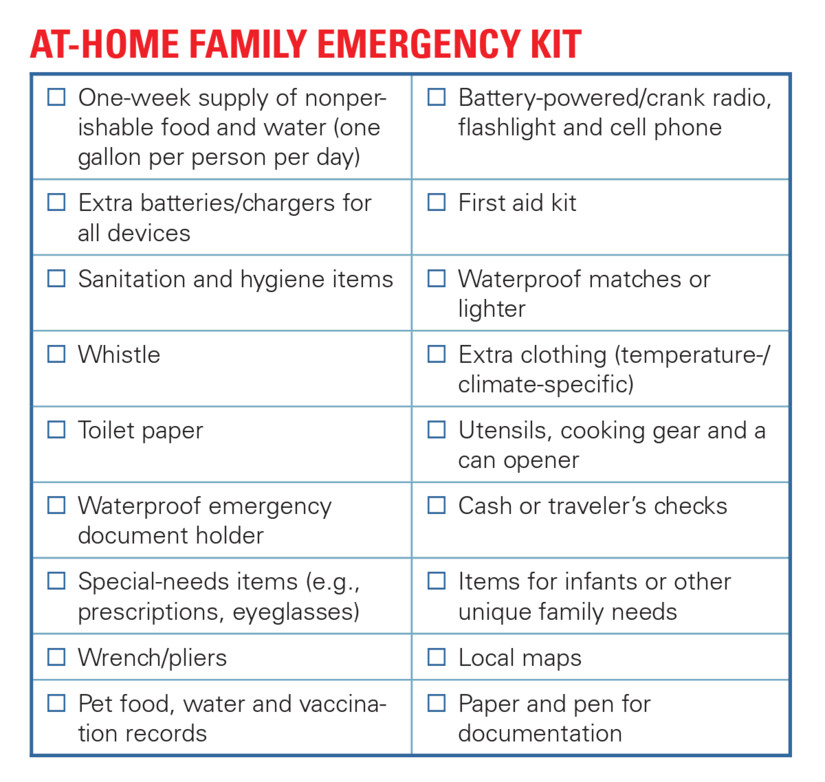
The type of emergency you most likely need to prepare for may depend greatly on where you live. Be sure to prepare for the risks that are specific to your area.
Types of Emergencies:
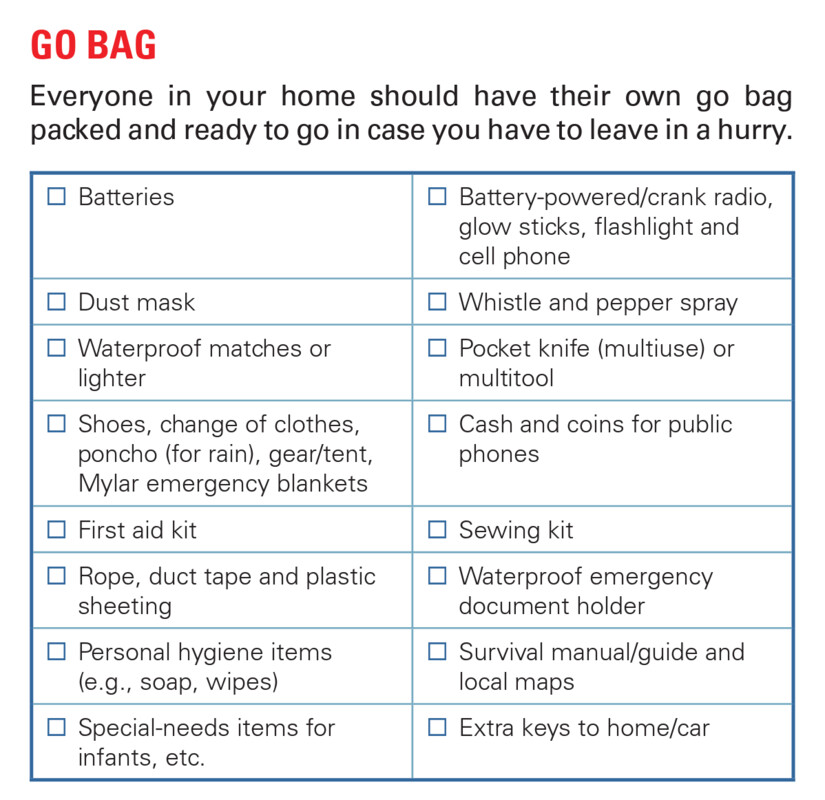
Quick Tip: When preparing your family for a public health emergency or disaster, it’s best to plan on being on your own for 72 to 96 hours, as emergency services may take some time to reach you.
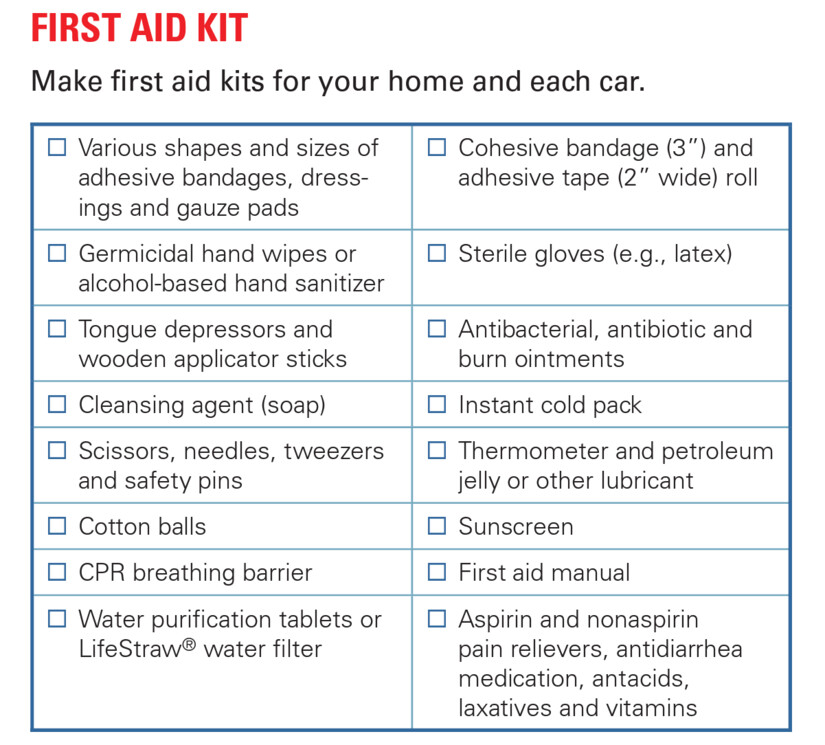
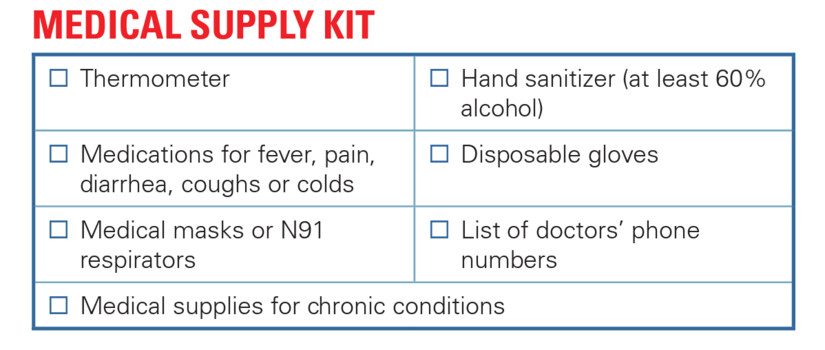
Plan for any situation:
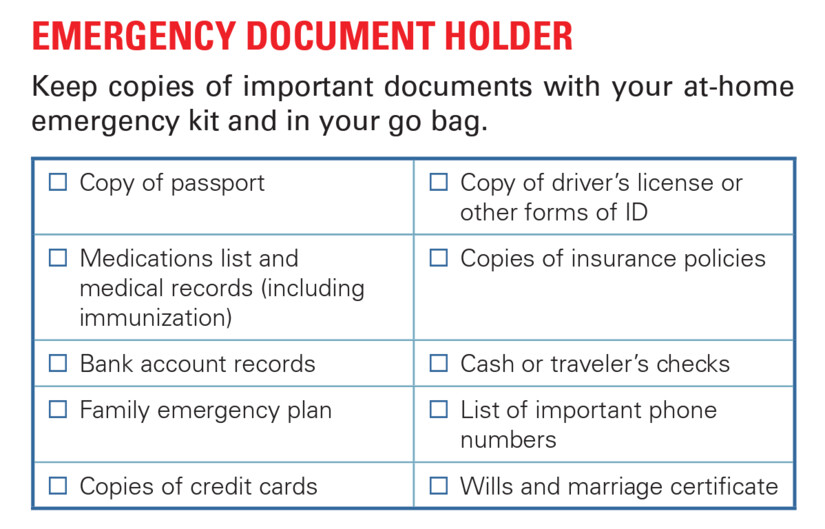
There's a (not so) fine line between "emergency preparedness" and Doomsday prepping, and as it turns out Morris County provides a comprehensive guide for staying safe in emergencies - a list of preparations you'd find on sites like The Prepared, Atlas Survival Shelters, and Rising S Bunkers.
There is a way to be prepared for the next "inevitable" disaster without falling head-first into a paranoid delusion. Making a few simple preparations in case of an emergency will keep you safe and provide a comforting state of mind even in the event of a disaster.
“It’s the end of the world as we know it, and I feel fine.” - R.E.M.
Our reporters will be dedicating time and resources to investigating the roadblocks to mental health accessibility in our town.
Donate to Morristown, NJs local mental health accessibility fund today!
 Scan or click to donate!
Scan or click to donate!*The 2022 Local News Fund is a program administered by the Local Media Foundation, a 501(c)(3) organization affiliated with the Local Media Association. The program’s purpose is to allow independent and family-owned news organizations to solicit tax-deductible donations from their communities for journalism projects focusing on critical local issues. Contributions to this program are tax-deductible to the full extent of U.S. law; please consult a tax advisor for details.